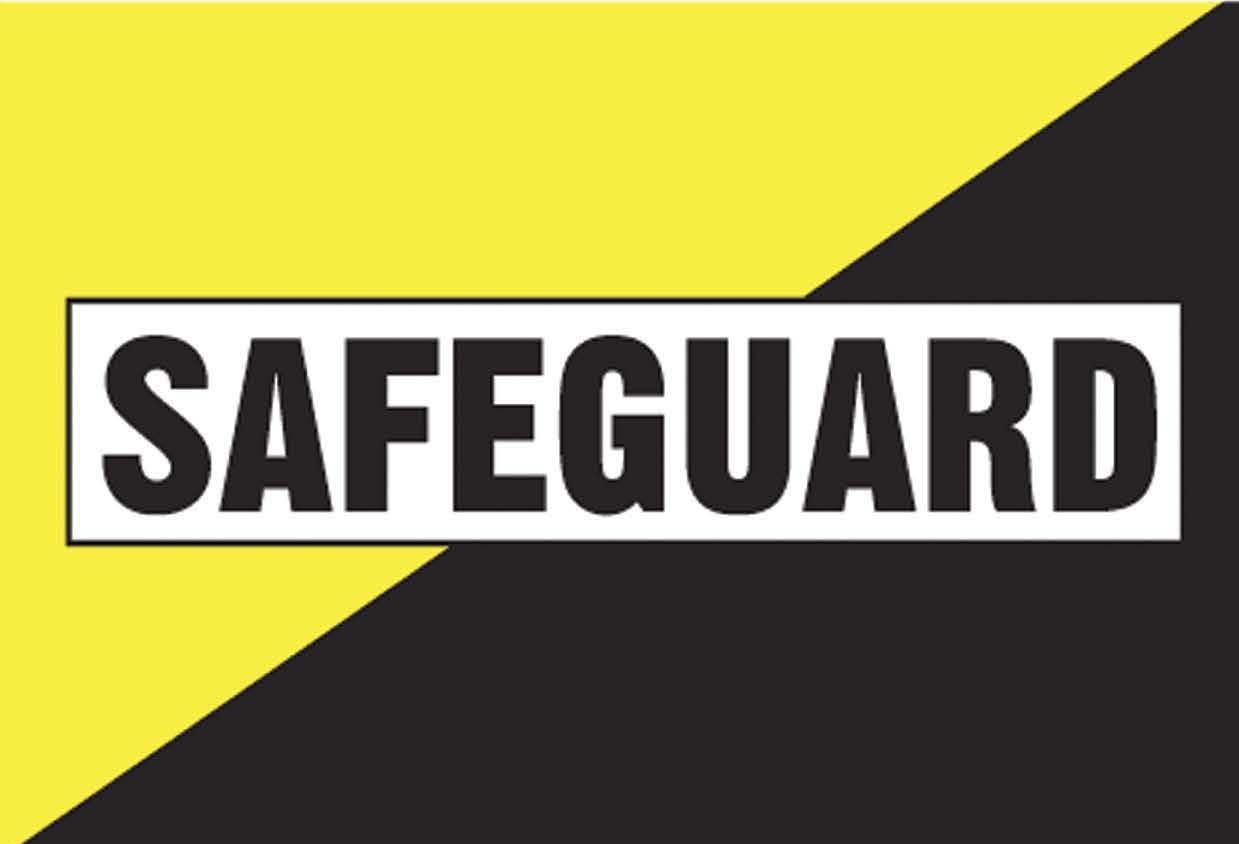Safeguard invests in security dogs and their training
Safeguard Security has invested significantly in its dog section, which in Harare has moved from Graniteside to a more spacious environment in Greendale, where dogs are housed in modern purpose-built kennels with plenty of room for exercise and training.
“Security dogs are an excellent security force and Safeguard has invested significantly over the last two years to ensure that its dog teams can perform to a high standard, with the right support and training,” said Safeguard chief executive Andrew Mallon.
Safeguard’s dog section has 60 dogs in the Harare area, up to 12 of which rotate through the Greendale kennels for training and standby duties.
“Our kennels meet international standards and, because of the built-in drainage system we have in place, are easy to keep clean, They also afford the dogs plenty of room to exercise, with a separate sleeping area within each dog’s kennel,” commented Safeguard Dog Section Manager Joseph Nhire.
He said the movable kennels at various contract sites were also being improved, to give the dogs at these sites more space to relax and walkabout.
The main breeds of dogs used by Safeguard as guard dogs are German Shepherds, Rotweillers and Boerboels. These are all aggressive breeds of dogs that are well suited to be used as guard dogs.
While the emphasis in training has been on aggression and obedience training, so that dogs will attack the command of their handler, the dog section plans to introduce agility training, where dogs are trained to perform various exercises, such as scaling low walls, jumping barriers and entering vehicles and confined spaces.
Dogs at contract sites are brought back to the Greendale premises every three months for refresher training.
Mr Nhire said his unit intended to offer dog owners in the vicinity the opportunity to have their dogs trained by Safeguard or to train their own dogs under the supervision of Safeguard’s dog trainers.
Safeguard has for some time now implemented motivational-based dog training, which is the most modern method of dog training, relying on rewards and incentives rather than punishment, which was the old fashioned approach previously used worldwide.
The dogs are vaccinated annually, dewormed every three months and dipped once a week to prevent ticks. Their kennels are disinfected every two days.
Supervisors regularly visit dogs and their handlers at contract sites to ensure this is being adhered to and that the dogs’ welfare is being looked after, as well as to offer dog handlers any advice or counseling they might require.
Where dogs are at out-of-town sites that are a long way away, handlers are required to send photographic evidence that the health and disinfecting procedures having been carried out, Mr Nhrie said.
